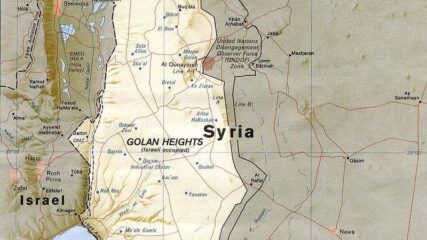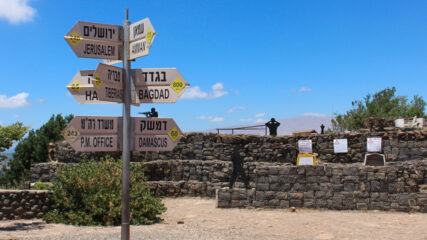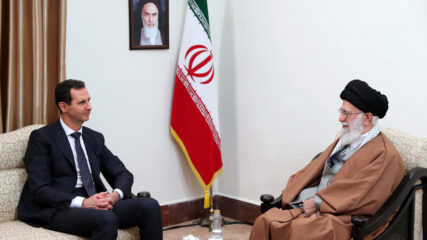Explainer: Israel-Lebanon-Syria TriangleCIE+
Before Israel’s establishment, Zionists in Palestine had contacts with Lebanese and Syrian officials, seeking information about anti-Zionist attitudes and understanding of these Arab states’ military capabilities against Israel’s establishment and survival. Since 1949 and the…








